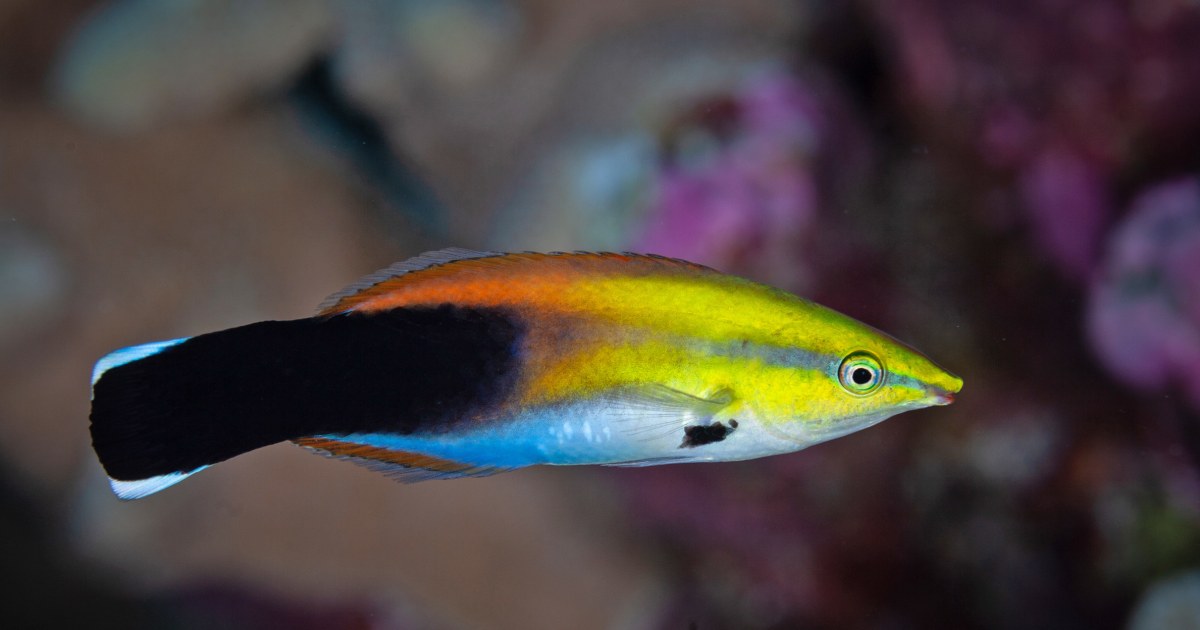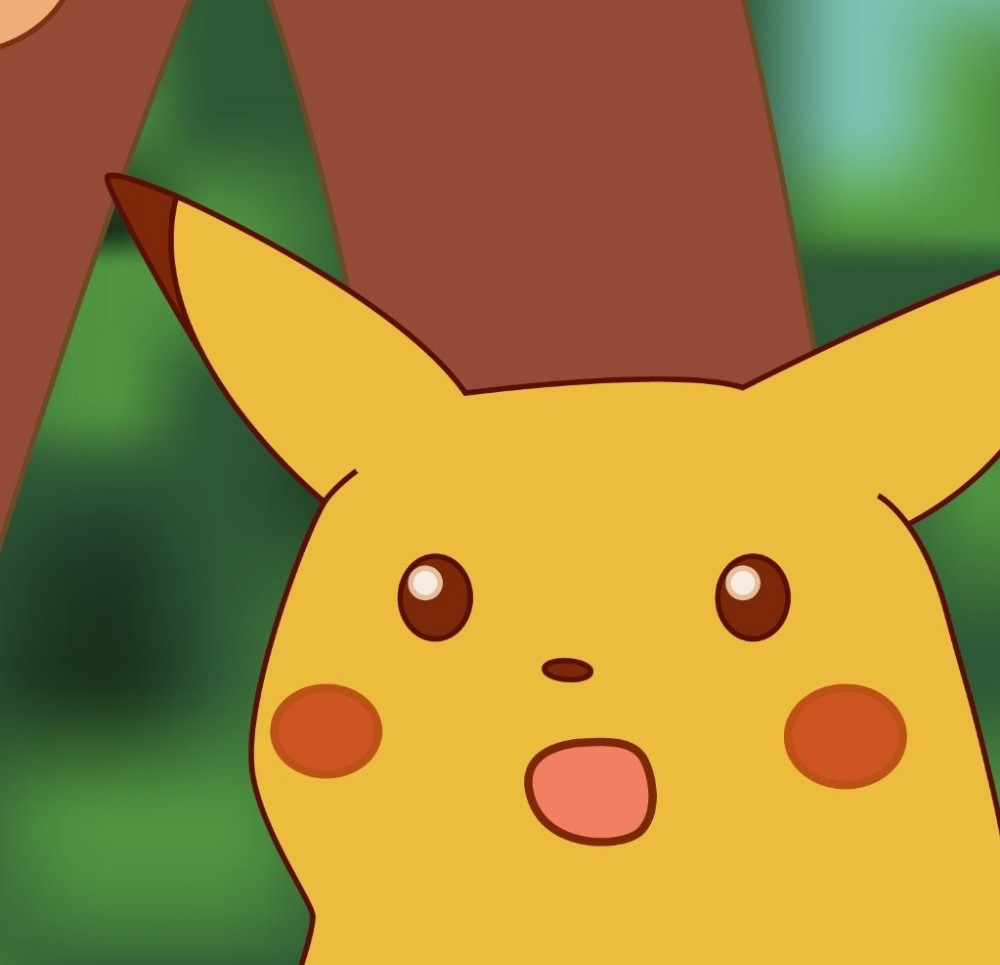- cross-posted to:
- [email protected]
- cross-posted to:
- [email protected]
deleted by creator
Same,more neurons create more complexity but not necessarily more acute distress. Although you could imagine there’s only so much distress a 100 neurons could create. That being said if you watch a bacteria get killed by another it quite clearly is not enjoying it
Would it not be relative? If sentience were to emerge from just 100 neurons, wouldn’t their experience of terror be the same as our own? I mean, you could argue that ego is required for true suffering, but I think there is a more fundamental biological aspect that ensures all species capable of moving out of the fire are incentivized to do so.
how much do you value a couple chemicals floating around and locking into place, circumstantially?
relevance of inherently subjective valuation?
Watching a bacteria enjoying or not something is pareidolia. It’s reacting, for sure, and activating emergency responses.
Aren’t you?
Yes but with extra steps.
Vegans rolling their eyes fucking hard.
ahegao vegans lol
I always kinda assumed insects where sentient. I’ve seen a bumblebee get excited over finding a flower with a lot of pollen in it.
An insect that is semi squashed is very clearly suffering and aware of its own suffering
I’ve always felt the same, but that’s empathy talking. It’s been difficult to prove that the action is anything more than neurological response. I’m happy to see science is finding evidence to support what instinct has been telling us.
I saw a wasp or bee (idk) approach me (I was holding some kebab), fly around my face for a couple of seconds, land on the kebab, use her fucking mouth like scissors to cut off some meat just large enough that she could carry it, and fly off with it. She tumbled a bit when flying off with it at first, but then she managed. It was like a movie scene.
I think this new model makes a lot more sense. It is clear many organisms experience sensation and it goes beyond some innate programming to avoid danger.
I’ve always thought of consciousness as a bottom-up phenomenon. Less conscious things come together to create a larger consciousness.
No evidence of that, obviously. But if we’re all assuming things, that’s what I’d assume.
That’s a pretty cool theory, and you’re not alone. Pierre Teilhard de Chardin theorized that all life is evolving into a universal collective consciousness. Renown physicist and mathematician David Darling theorized that God is possibly a collective human consciousness that reached back through time and created itself. What’s wacky is that he has some mathematical formulas to substantiate parts of his theory.
I agree with the first part, but you lost me with “no evidence of that”: everything conscious is “evidence of that”. And, unless you’re getting epistemological af, there really isn’t a lot of assumption here: quarks -> atoms -> molecules -> organelles -> cells -> tissues -> organs -> systems -> organisms -> consciousness -> sentience.
I like the idea. If we ever figure out what consciousness actually is, maybe we’ll figure out how it adds up across its components.
Actually, surprisingly, I recently had a text on topic during my English studies, and it actually describes a useful perspective:
"Is play the new tool to use? A recent paper recounts bumblebees rolling tiny wooden balls, not for a reward, but apparently just for fun. The authors conclude that the behavior fulfills the criteria for play, with one noting: “It goes to show… that despite their small size and tiny brains, they are more than small robotic beings.” Put another way, bees just wanna have fun, and that presumably makes them more like people.
This discovery underscores a long-standing conflict in our view of animals. On the one hand, we want to find the features that distinguish humans from other animals: tools, language, a theory of mind (in which animals can infer the mental states of others). On the other, we delight in finding animals that breach those boundaries: chimps, crows and now bees that use tools, dolphins with signature whistles. But what do those boundaries mean?
Not much, or at least not what people sometimes think. As an evolutionary biologist who studies animal behavior, Lam is bemused by this effort to rank animals by their capabilities. The ranking is wrong not because animals lack amazing abilities, but because evolution doesn’t produce an organization like the military, with the equivalent of amoeba privates and primate generals. Instead, everything that is alive today is just as evolved as everything else. Some species (crocodiles and cockroaches, for instance) look more like their ancient ancestors than others and may well behave more like them, but that doesn’t mean some creatures are more or less highly evolved than the rest.
You might think that calling attention to bees and other animals that do things we didn’t think they could do would be a way to circumvent this ranking and make our view of nature more realistic. But it isn’t. It is pointless to elevate creatures, whether bumblebees or chimps, so that we can put them in an exclusive club that used to only contain humans.
Underpinning these efforts is a desire to show that animals, even tiny ones with lots of legs, are like us and shouldn’t be dismissed as automatons. I applaud that desire. But we can recognise animals for what they are, and be awestruck at their abilities, without having to make their behavior mirror that of humans. Bees may play, but that doesn’t mean they are like children with exoskeletons.
Once we get out from under the tyranny of those rankings, of thinking that animals have to be like people with human motivations and feelings, we are freed up to consider the mechanisms behind the behaviors. Often, that involves convergent evolution. For example, the same neurotransmitter — serotonin — influences anxiety in humans and maze exploration in crayfish. In a tank divided into well-lit and shadowy areas, crayfish explore both, but prefer the dimmer areas, consistent with their nocturnal lifestyle. Crayfish stressed by mild electrical shocks avoided the light sections of the maze, a response that was linked to their serotonin levels and that could be altered by a serotonin inhibitor.
If we can let go of the impulse to rank animals, we might find out that our intuition is wrong. And being wrong is one of the most productive things about science."
TL;DR Animals evolve to have all sorts of traits we may perceive as “humanlike”, but that’s just a product of our fallacies that drive us to put animals into an exclusive “human club” - in fact, they just evolve to have various traits we see in ourselves, just like animals with other unique properties.
They are still freaking monstrous
Just my 2cent but… NOSHIT Sherlock?
Even plants are sentient and way more evolved than we are… BUT in THEIR own direction.
We think that we HUMAN specie are the only sentient and intelligent thing, but every animal specie, insect, living being has somehow a complex evolved way of thinking/living.
And guess what? Animals have blood, eyes, a brain, vessels, produce babys, a complex chemical body interaction… If that isn’t a sign for you that all living being are… Living… Than it’s time to get out of your head, and get into your heart and reconnect with nature.
I’m sorry but even this won’t make me a vegetarian. Hopefully lab grown meat advances so I can continue to eat meat without weighing on my conscience.
Removed by mod
The science of consciousness is cool and all, but feel free to enjoy eating meat if that’s what gets you off. No judgement here.
Edit: I should add that this was supposed to be a lame penis joke. Clearly didn’t land as well as I’d hoped
Some judgement here. Knowingly causing suffering to sentient beings for your pleasure non consensually is kinda squicky. At least get the cow at the end of the universe that wants you to eat it.
Where are you going to draw the line? If every creature is worthy of consideration there won’t be much left to eat.
Sentience. We got all these plant things to eat. Some of them even make things they want other beings to eat, i.e. fruit.
Good luck harvesting a field of soy without crushing a few field mice or worse
80% of soy is fed to animals for humans to exploit, so not really sure what you’re getting at.
A plant based diet eliminates the vast majority of animal suffering (bonus points for reduced climate destruction, antibiotic degradation and future pandemic likelihood)
A plant based diet in the current food system produces massive amounts of animal suffering. If everything more complex than a nematode is sentient then you just have to accept that sentient suffering is the price for a large human population no matter what they are eating.
Gee gosh, haven’t heard that clever and witty argument before. Not even vegans are trying to be perfect, they’re trying to minimize suffering. The top comment didn’t say they’d care about field mice, they said they don’t care about sentience because they take pleasure in the products of its destruction. Not really interested in talking any more with someone that misses the point so obviously whenever on purpose or because of a lack of mental faculties. Bye.
You’re just comfortable with suffering you’re willfully ignorant of. You don’t care about sentience any more than they do.









